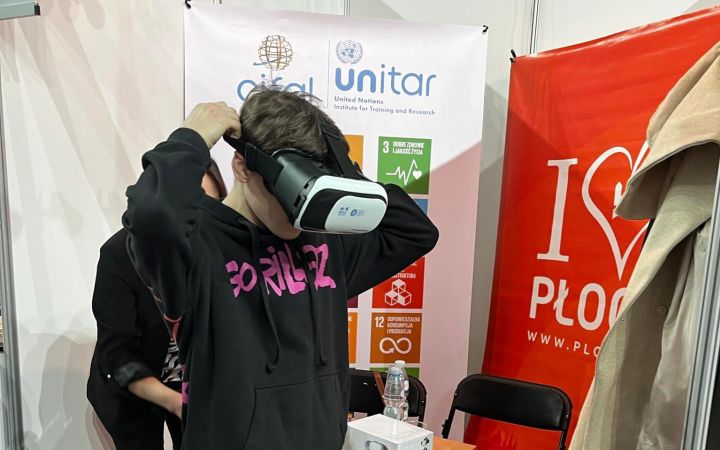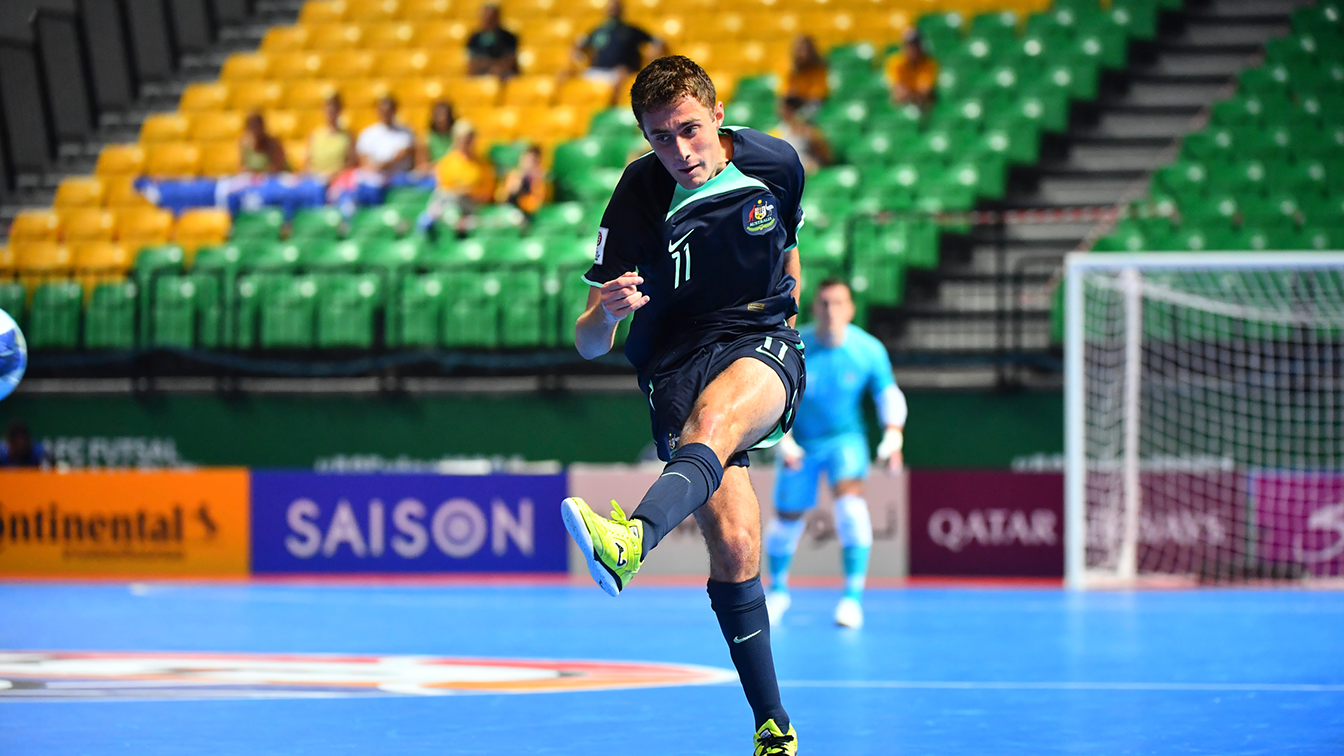Mining and resources workers will be better equipped to help colleagues navigate mental health challenges, following the official launch today of the Resourceful Mind program.
The program, borne out of a long-term partnership between the Chamber of Minerals and Energy of WA and Lifeline WA, aims at providing targeted peer support with the understanding that many remote operations in WA function as their own “communities.”
A six-month pilot program is currently being undertaken by CME member companies Roy Hill, Mineral Resources, Simcoa and Woodside, and its early success means a broader rollout across the WA mining and resources sector is likely in 2022.
The program is delivered virtually by Lifeline WA’s trained crisis supporters while workers are on site and includes five core modules as well as ongoing optional modules.
CME Manager of Safety, Health and Wellbeing, Elysha Millard, said the health and safety of all mining and resources workers – including their mental health – was the No. 1 priority for the sector.
“CME and its member companies have long been focused on ensuring good mental health outcomes for workers but with the onset of the COVID-19 pandemic that focus has been further sharpened,” Ms Millard said.
“The impact of the pandemic has seen many of those workers perform longer swings on site and spend longer periods away from family than they normally would.
“Resourceful Mind recognises the ‘communities’ that form at operations, and the fact those sites generally have go-to people who are sought out by their colleagues for a chat about challenges they might be facing or to provide emotional support.
“Resourceful Mind aims to take those ‘go-to-people’ – or Minders as they called in the program – and provide them with the training they need to better navigate those conversations, supply the support their colleagues need and also steer them in the direction of additional help as required.”
Lifeline WA chief executive Lorna MacGregor said the program had been designed specifically for workers in the WA resources sector.
“The resources sector, led by CME and its members, worked collaboratively with Lifeline WA to ensure the program was appropriate for the sector and the people who work in their sector,” Ms MacGregor said.
“It was a very positive experience for the team at Lifeline WA; we had to learn and adapt. We are so proud of the program and the positive impact it will make in resources communities.
“We understand many people aren’t comfortable talking about the challenges in their lives, or with their mental health, and we know from experience that men are less likely to ask for help.
“However, we believe workers in the resources sector may be more likely to open up to colleagues identified through the program as natural listeners, who have been trained to have difficult conversations and to support finding appropriate help.
“The program modules are delivered by our highly trained telephone crisis supporters who have extensive experience in supporting people through crisis.”
Ms MacGregor said support for the Minders themselves would continue after they had completed the training.
“An essential part of this program is that our Minders will also receive support during monthly coaching and wellbeing sessions to ensure their own mental health is being looked after while they’re supporting others,” she said.
Facilitators involved in the pilot program say the Minders who have undergone training so far show a key shared trait: the willingness to help their colleagues through challenging times.
“It has been such a privilege to be a part of the Resourceful Mind pilot project. That so many people have volunteered to step forward to invest their time, energy and skills to support their colleagues is a reminder of the power of kindness. The seemingly simple act of reaching out, listening with compassion and linking the person into their own or other supports can literally save a life. I look forward to supporting our ‘Minders’ on their journey in the following months and thank them and all the Resourceful Mind Partners for their commitment to this important project.” – Janet Pettigrew, Resourceful Mind Facilitator
“I’ve always enjoyed training and engaging with people about how we can better support our colleagues and communities when it comes to mental health awareness. Resourceful Mind is unique, though, in its application to the resources sector: really honing in on the unique challenges of life on site, and the challenges and behaviours our Minders need to look out for on the ground. I’ve learnt a lot from the participants and, as a member of a FIFO family, am hugely comforted to know we have so many allies on sites around Western Australia ready and willing to start what could literally be life-saving conversations in the months and years ahead.” – Laura Maitland, Resourceful Mind Facilitator
“I was drawn to this program as I felt it offered a unique and accessible way for people to better understand how to support each other. The simple model of look out, listen and link up is something that anyone can learn and apply to their professional and personal relationships. It has been incredibly inspiring to see the engagement and passion from the Minders coming through the program. I am very excited to see this program continue to grow and make a difference in the resources community” – Courtney Parker, Resourceful Mind Project Lead







